
Just as the name suggests, traveler’s diarrhea is diarrhea that occurs due to consumption of contaminated food and water. Of course, it is not limited to diarrhea alone and it usually involves bloating, indigestion, abdominal pain, nausea, vomiting and other gastrointestinal disturbances.
What are the risks?
When traveling to parts of the world with poor sanitation laws, food and water contaminated with microorganisms and a host of typically local infectious diseases, travelers are at risk of suffering from poisoning, leading to gastrointestinal issues. Depending on the exact cause of infection, traveler’s diarrhea can last from 24 hours to a week or ten days.
Areas where the risk of traveler’s diarrhea is higher in developing countries of Africa, the Middle East, Central America and the Caribbean and some parts of South America.
Prevention of traveler’s diarrhea
There is no point in avoiding certain parts of the world just because the sanitary conditions there are not the same as in highly developed and industrialized countries. Simply following a few tips and being more careful as usual when it comes to food and beverages will be enough to allow the traveler to enjoy his or her trip without health problems.
When it comes to water, it is highly recommended to avoid tap water and to stick to the bottled kind. Water that has been boiled for at least ten minutes and then cooled down is also allowed in case there is not bottled water around. Coffee and tea made with boiled water are also allowed. All bottled or canned beverages, such as soda, juice, beer, wine and such, are also allowed.
Even when drinking bottled or canned beverages, it is recommended to wipe the top with an antiseptic wet wipe. In order to stay completely safe, water used for brushing teeth should be bottled or boiled as well.
When eating out, it is very important to only dine in places that are trusted and recommended in travel guides. All types of meat must be thoroughly cooked and served steaming hot. Reheated foods are not recommended. All raw foods, including fruit and vegetables, are best if avoided. If it is impossible to avoid fresh fruit and vegetables, it is necessary to peel them very carefully, with clean hands. Water used for washing the produce should be bottled or boiled, not coming from the tap.
Dairy products are allowed only if they are made from pasteurized milk. Seafood, including fish, should be avoided, especially in the islands of the West Indies and in the tropical Pacific, because it might be toxic.


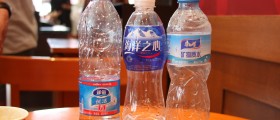



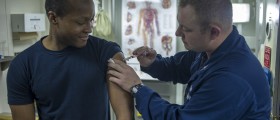


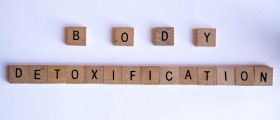
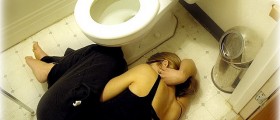


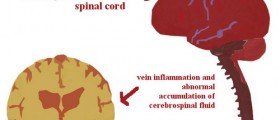
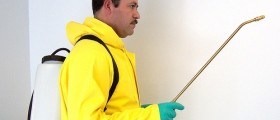
_f_280x120.jpg)

Your thoughts on this
Loading...